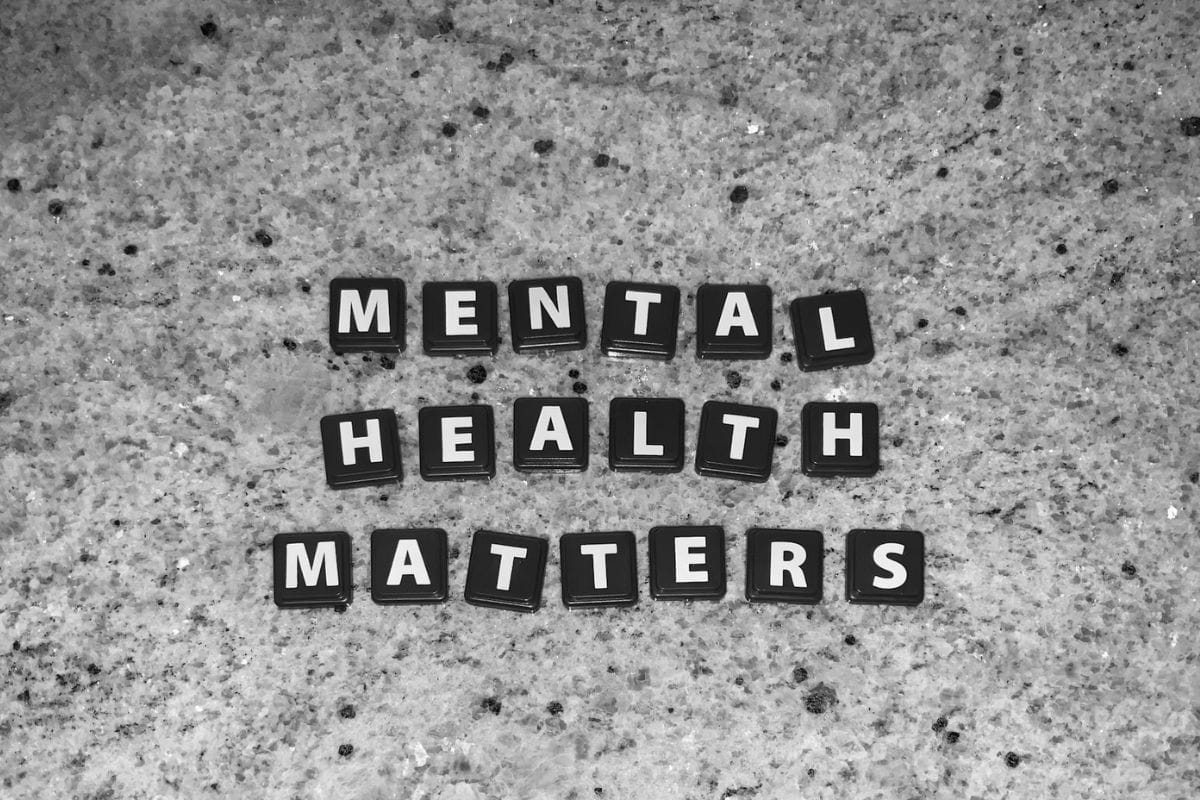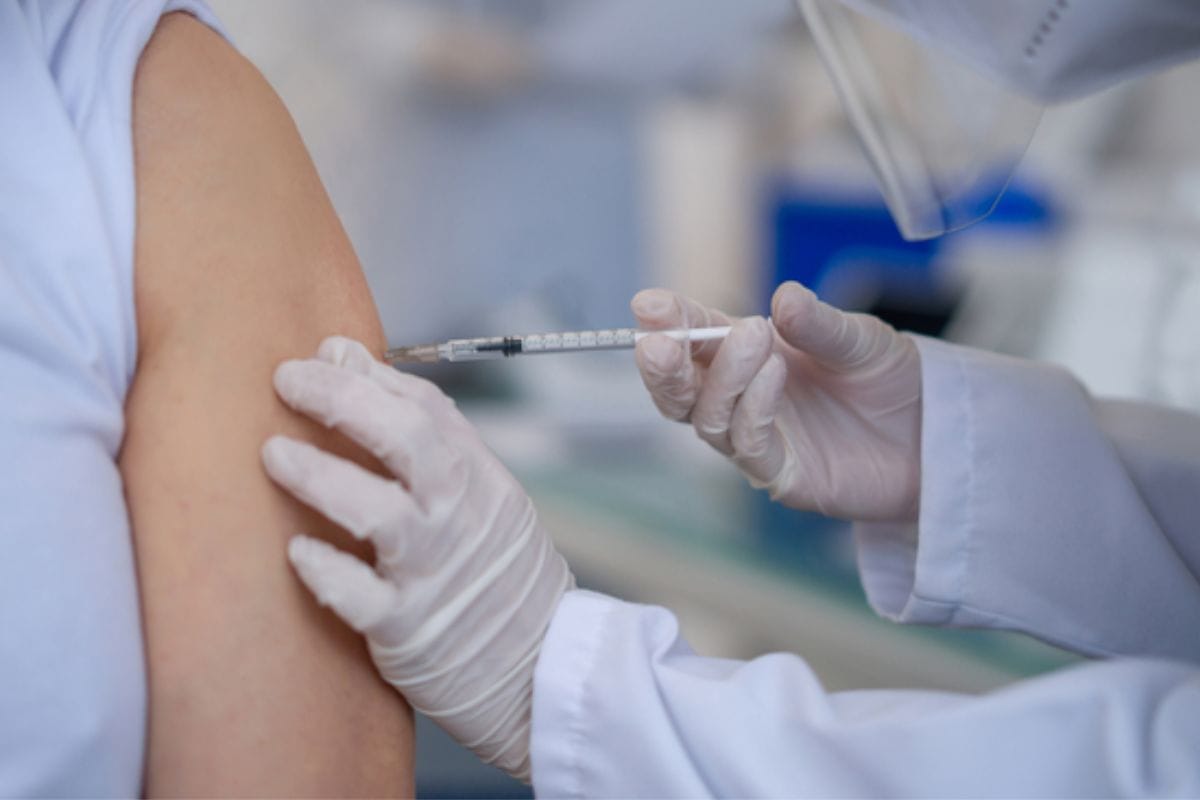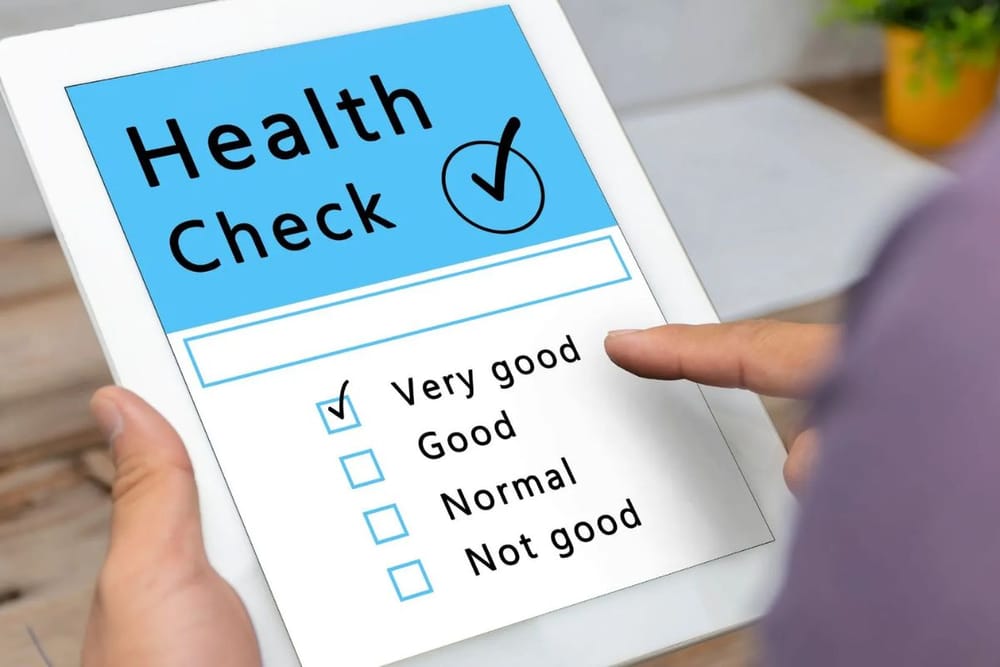In our busy lives, it's easy to overlook the importance of regular health check-ups. However, taking the time to monitor your health is essential for maintaining a long and fulfilling life. One crucial way to ensure your well-being is through regular full-body check-ups. These comprehensive assessments help identify potential health issues before they become serious, allowing for early intervention and better health management.
This article will explore the importance of full body check-ups, when to get them, what tests are included, and where you can go for a check-up in Dubai. It will provide you with all the essential information you need to take proactive steps toward a healthier future
What is a Full Body Check-Up?
A full body check-up is a thorough medical examination that evaluates various aspects of your health. It typically includes a range of tests and assessments designed to give a comprehensive overview of your overall health status. Here’s what you can expect during a full body check-up:
Physical Exam
The check-up usually begins with a physical examination where your doctor will measure your weight, height, and blood pressure. These basic metrics help in assessing your general health and detecting any obvious issues.
General Health Questions
Your doctor will likely ask you about your health history, current health concerns, and lifestyle habits. Questions may cover topics such as any chronic illnesses, your physical activity levels, and your sexual health. This information helps the doctor understand your risk factors and tailor the check-up to your needs.
Routine Tests
- Blood Pressure Test: Measures the force of blood against your artery walls, which is crucial for detecting hypertension.
- Cholesterol Test: Assesses your blood cholesterol levels to identify the risk of heart disease.
- Blood Sugar Test: Determines your blood sugar levels, important for diagnosing diabetes.
- Body Mass Index (BMI): Evaluates body fat based on your height and weight to identify obesity-related health risks.
- Waist Circumference: Measures abdominal fat, which is a risk factor for heart disease and diabetes.
- Urinalysis: Tests for proteins, red blood cells, and other substances in your urine to detect urinary tract infections or kidney issues.
- Thyroid Function Tests: Measures hormones from your thyroid to identify thyroid dysfunction.
- Electrocardiogram (ECG): Records the electrical activity of your heart to diagnose heart rhythm problems.
Imaging and Specialized Tests
- Chest X-ray: Provides images of your chest to detect lung and heart abnormalities.
- Lung Function Tests: Measures how well your lungs work, useful for diagnosing respiratory conditions like asthma or COPD.
- Pap Test: Screens for abnormal cervical cells that could indicate cervical cancer.
- Mammogram: Screens for early signs of breast cancer.
- Colonoscopy: Checks for signs of colon cancer by examining the interior of your colon.
- Bone Density Test: Measures bone strength to identify osteoporosis risk.
- Skin Exam: Evaluate any suspicious moles or skin changes that might indicate skin cancer.
These tests collectively provide a comprehensive picture of your health, helping you and your healthcare provider make informed decisions about your healthcare and lifestyle.
When Should You Get a Full Body Check-Up?
Regular full body check-ups are crucial for maintaining your health and well-being. They help in early detection of potential health issues and ensure that existing conditions are effectively managed. While there isn’t a one-size-fits-all answer for when you should get a full body check-up, several factors can guide you in determining the best time for these comprehensive health assessments. Here’s a detailed look at when you should consider getting a full body check-up:
Young Adults (Ages 20-39)
Even young and healthy individuals should not overlook the importance of full body check-ups. The shift towards a sedentary lifestyle and unhealthy eating habits has made conditions like heart disease and diabetes more prevalent among young adults. Here’s why full body check-ups are essential for this age group:
- Lifestyle Factors: Young adults today face increasing levels of stress and often adopt lifestyles that include poor diet, lack of exercise, and smoking or excessive alcohol consumption. These factors contribute to the rising incidence of heart disease and other health issues even in younger populations.
- Early Detection: Regular check-ups can help in the early detection of conditions that may not yet show symptoms, such as high blood pressure, elevated cholesterol levels, or prediabetes. This allows for timely interventions and lifestyle changes to prevent the progression of these conditions.
It is generally recommended that young adults have a full body check-up every 2-3 years, or more frequently if they have a family history of health issues or other risk factors.
Middle-Aged Adults (Ages 40-64)
As you approach middle age, the importance of regular health check-ups increases. This age range is critical for identifying and managing risk factors that could lead to serious health problems in later life.
- Health Monitoring: This is a crucial time to monitor for conditions such as hypertension, diabetes, and high cholesterol, which become more common as you age. Regular check-ups help keep these conditions under control and prevent complications.
- Preventive Care: Middle-aged adults should have a full body check-up every 1-2 years. This helps in identifying early signs of diseases such as heart disease and cancer, where early detection significantly improves treatment outcomes.
Older Adults (Ages 65 and above)
For those aged 65 and older, annual full body check-ups are essential. The risk of chronic diseases and other health issues increases with age, making regular check-ups critical for maintaining health and quality of life.
- Managing Chronic Conditions: Older adults are more likely to have chronic conditions such as arthritis, heart disease, and diabetes. Regular check-ups help in managing these conditions effectively and monitoring for any changes or complications.
- Age-Related Health Issues: Check-ups can help in detecting age-related issues such as osteoporosis, vision and hearing problems, and cancers that are more common in older age groups. Preventive measures and timely treatments can significantly improve health outcomes.
Individuals with Specific Risk Factors
Certain individuals may need more frequent check-ups due to specific risk factors:
- Existing Health Issues: Those with chronic conditions like diabetes, high blood pressure, or thyroid problems should have regular check-ups to monitor and manage their health effectively.
- Obesity: Individuals with a Body Mass Index (BMI) above 30 are at higher risk for conditions such as heart disease and diabetes. Regular check-ups can help in managing these risks and ensuring overall health.
- Family History: If you have a family history of genetic disorders, neurological conditions, or diseases like cancer, regular check-ups can help in early diagnosis and preventive care.
- Occupational Hazards: Those exposed to physical, chemical, or biological hazards at work should have regular health check-ups to monitor the impact and maintain their health.
Even if you’re generally healthy and don’t have any specific risk factors, an annual full body check-up can provide peace of mind and ensure that you’re maintaining your health.
These check-ups confirm the absence of any underlying health issues and support your commitment to a healthy lifestyle. By staying informed and proactive about your health, you can enjoy a higher quality of life and peace of mind.
Why are Full Body Check-Ups Important?
Full body check-ups are crucial for maintaining your health and well-being. They help in early detection and prevention of health issues, provide peace of mind, and offer valuable insights into your overall health. Here’s why regular full-body check-ups are important:
- They allow for the early detection of health problems such as high blood pressure, diabetes, and high cholesterol, enabling timely intervention and reducing the risk of complications.
- Regular check-ups play a critical role in preventive healthcare by identifying potential health issues early, allowing you to take measures to avoid serious conditions and enhance your quality of life.
- Full body check-ups provide a comprehensive assessment of your health, covering various systems and organs, ensuring any hidden health issues are uncovered and monitored over time.
- They are essential for managing chronic conditions such as diabetes, hypertension, or thyroid disorders, helping in the effective adjustment of treatments and prevention of complications.
- Knowing that you are taking proactive steps to monitor your health gives you peace of mind, easing anxiety about potential health issues and contributing to better mental and emotional well-being.
- Although the initial cost might seem high, regular check-ups are cost-effective in the long run by preventing costly treatments and hospitalizations for conditions that could have been detected earlier.
- Full body check-ups offer an opportunity for lifestyle guidance, providing valuable insights into improving your diet, exercise habits, and overall health, leading to a healthier lifestyle and reduced risk of diseases.
- Regular health assessments enhance your understanding of your family history and personal risk factors for various conditions, enabling you to take preventive measures and improve your long-term health outcomes.
Where Can You Do a Full Body Check-Up in Dubai?
Dubai offers a range of excellent healthcare facilities where you can get a comprehensive full-body check-up. Here are some of the top options:
King’s College Hospital Dubai
King’s College Hospital offers a variety of health check-up packages, including full body assessments tailored to different needs and risk factors. Their state-of-the-art facilities and experienced medical staff ensure thorough and accurate health evaluations.
Clemenceau Medical Center Dubai
Clemenceau Medical Center provides comprehensive health check-ups that include a range of tests and assessments to evaluate your overall health. Their packages are designed to address various health concerns and provide personalized care.
American Hospital Dubai
American Hospital Dubai offers extensive wellness and executive check-up packages. These packages cover a broad spectrum of health screenings, ensuring that any potential health issues are identified early.
Medcare Hospitals & Medical Centers
Medcare provides various health check-up packages, including comprehensive full-body check-ups. Their services are known for their thoroughness and attention to detail, offering a complete health evaluation.
Mediclinic Middle East
Mediclinic offers a range of health packages that include detailed full body check-ups. Their experienced medical team and modern facilities provide reliable and comprehensive health assessments.
Easy Healthcare
Easy Healthcare offers convenient lab tests and health check-ups that can be conducted at home or in their facilities. This service is particularly useful for those who prefer a more flexible approach to health monitoring.
Prime Hospital Dubai
Prime Hospital provides a variety of health assessments, including full body check-ups. Their packages are comprehensive and designed to meet the health needs of individuals and families.
Aster Hospitals
Aster Hospitals offers preventive health check-ups that include detailed examinations and tests. They have multiple packages tailored to different age groups and health needs.
Regular full-body check-ups are a vital component of proactive healthcare. They enable early detection of health issues, facilitate preventive care, and provide peace of mind.
In Dubai, numerous reputable healthcare providers offer comprehensive check-up packages tailored to meet your specific needs. Prioritize your health by scheduling a full body check-up and take the first step toward a healthier future today.
Also Read:















